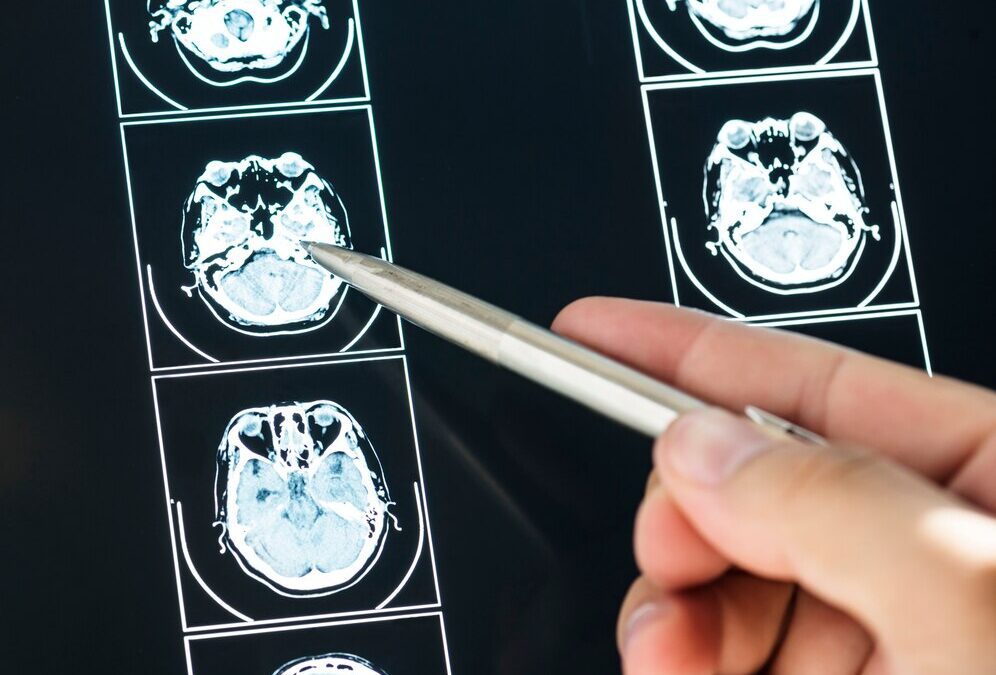When facing the loss of a loved one or confronting unsolved medical mysteries, understanding the complexities of their health can bring solace and clarity. This often leads us into the realm of specialized autopsies, specifically brain-only autopsies. At our facility, we delve into the intricate world of postmortem neurological examinations, which are pivotal for confirming diagnoses and instrumental in furthering neurological research.
A brain-only autopsy focuses on analyzing the brain to diagnose, confirm, or rule out neurological conditions that may not be apparent without a detailed examination. This subset of autopsies is particularly relevant in cases where neurological symptoms were present before death, or when hereditary or infectious brain diseases are suspected. Offering a deeper understanding, these autopsies help families make informed decisions about genetic counseling, and contribute significantly to ongoing medical research by providing insights into various brain disorders.
Our approach is grounded in the utmost respect for the deceased and their families, combined with a rigorous scientific process. We ensure all our procedures are carried out with precision, and dignity, and in strict adherence to legal guidelines. Understanding what happens during a brain-only autopsy can provide reassurance during a difficult time, offering closure and insight into the medical conditions that affected their loved ones. This article aims to demystify the process and benefits of brain-only autopsies, illustrating their crucial role in medical science and personal health histories.
Overview of Brain-Only Autopsies: What Are They and Who Requires Them?
Brain-only autopsies, a specialized subset of neurological examinations, are precisely what they sound like: autopsies where only the brain is examined. This type of postmortem is integral in cases where neurological symptoms were present before death, or when a specific brain-related pathology is suspected. We conduct these autopsies to gather important insights into neurological diseases such as Alzheimer’s, Parkinson’s, or other neurodegenerative disorders. The procedure is particularly beneficial for families with a history of neurological conditions, providing crucial information on genetic risks and potential future impacts on family health.
Often, these autopsies are requested by medical professionals or research institutions aiming to better understand the progression of neurological diseases, or by families seeking closure on the medical conditions that afflicted their loved ones. They are also crucial in educational settings where learning about specific brain pathologies is necessary. Our expertise ensures that even in the most sensitive of cases, the procedure is conducted with the utmost respect and precision, contributing to broader medical research and individual family peace of mind.
The Process of Conducting a Postmortem Neurological Examination
Conducting a brain-only autopsy involves several meticulous steps to ensure accuracy and comprehensive results. Initially, we ensure that all legal and ethical requirements are met, including obtaining necessary permissions and consents. The procedure begins with the careful removal of the brain from the skull, followed by a detailed external examination. We look for abnormalities such as size, color, or texture changes, which might give the first clues about potential diseases.
After the external examination, the brain undergoes a series of more detailed tests, including histological examinations where thin slices of the brain tissue are observed under a microscope. These tests help identify any cellular or molecular changes that could indicate disease. We utilize advanced imaging techniques like MRI or CT scans prior to dissection to plan our approach and focus on areas with visible anomalies. Throughout this process, we maintain rigorous documentation to ensure that every observation is accurately recorded, providing invaluable data for both immediate family use and wider medical research.
Benefits of Specialized Neurological Autopsies in Uncovering Hidden Pathologies
Specialized neurological autopsies hold immense value in the field of medical investigation, particularly in uncovering hidden pathologies that may not be detectable through other means. Our approach to these autopsies not only helps in diagnosing direct causes of death but significantly contributes to the understanding of various neurological conditions. For instance, conducting a brain-only autopsy can reveal the presence of subtle lesions or prion diseases, which often go undetected in living patients due to the limitations of current non-invasive imaging technologies.
Moreover, this specialized procedure provides a clear path to studying the progression of neurological diseases at different stages. By examining brains post-mortem, we have identified patterns and markers crucial for developing therapeutic strategies and preventive measures. These insights are invaluable in diseases like Alzheimer’s and Parkinson’s, where early detection and understanding of the pathology’s evolution can dramatically alter patient care and treatment planning.
Addressing Common Concerns and Questions About Brain-Only Autopsies
We understand that the decision to opt for a brain-only autopsy often comes during a difficult time, accompanied by questions and concerns about the process and its implications. Many families worry about the respect and care given during the procedure. We ensure that all autopsies are performed with the highest standards of ethical consideration and respect for both the deceased and their loved ones. Each step is conducted by highly skilled professionals who specialize in neuropathological examinations, equipped with the sensitivity these cases require.
Another common concern is the impact of the autopsy on funeral arrangements. We address this by employing techniques that minimize the time required for the autopsy, allowing families to proceed with any planned services without significant delay. Additionally, we provide comprehensive explanations and results in terms that are understandable to non-medical individuals, ensuring that families gain the closure they need.
Conclusion
Brain-only autopsies are a critical tool in our ongoing quest to understand and fight neurological diseases. By scrutinizing the very fabric of neural tissues, we unlock answers that live patients’ diagnostics cannot always provide, paving the way for breakthroughs in medical research and clinical practice. At 1-800-Autopsy, we are committed to advancing the science of neuropathology while maintaining the utmost respect and sensitivity for the individuals and families we serve.
If you or someone you know is considering a brain-only autopsy and needs expert guidance or further information on the process, do not hesitate to reach out to us. We are here to support you through each step of the process and provide the answers and closure you seek. Contact 1-800-Autopsy today for compassionate, professional assistance with all your autopsy needs.








